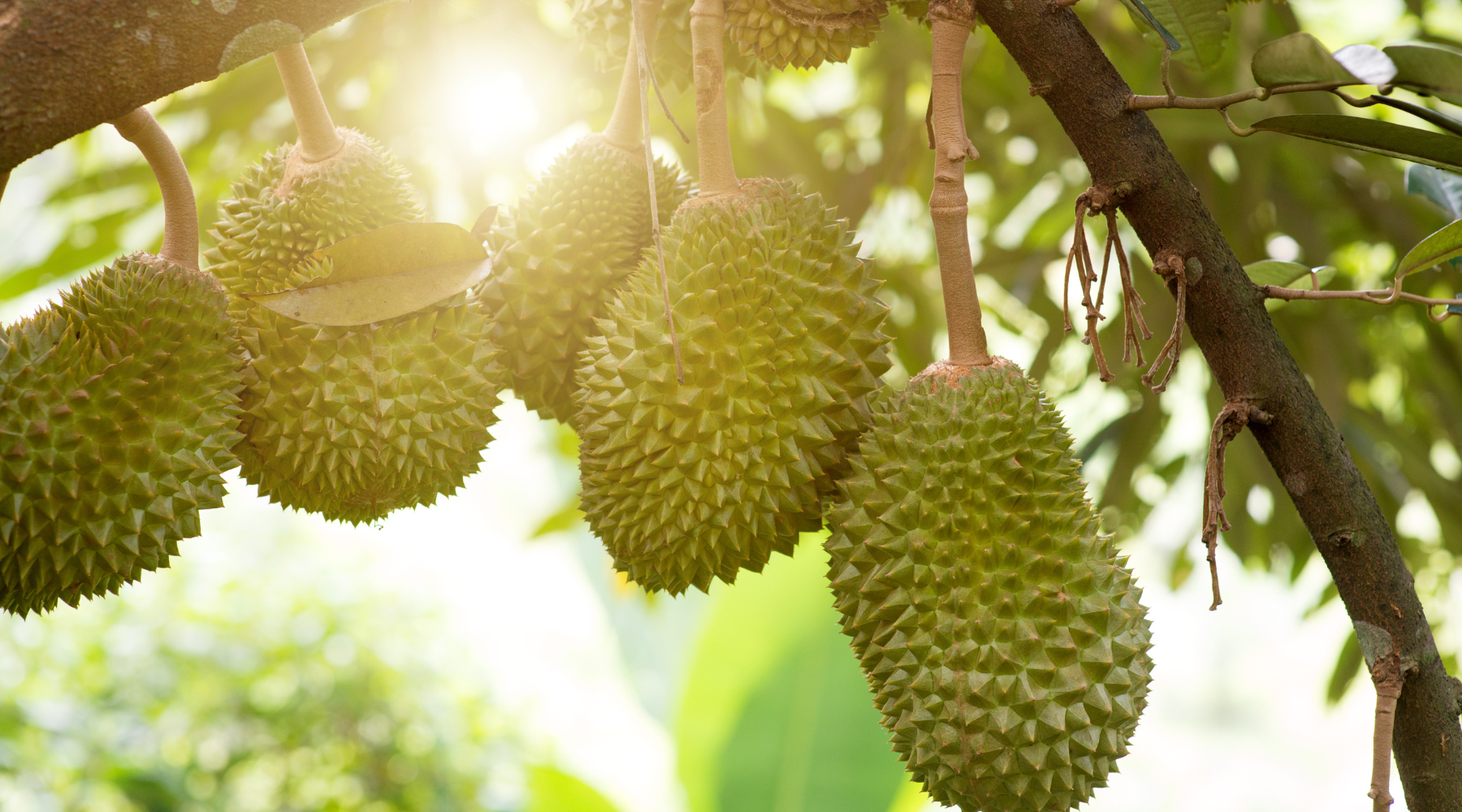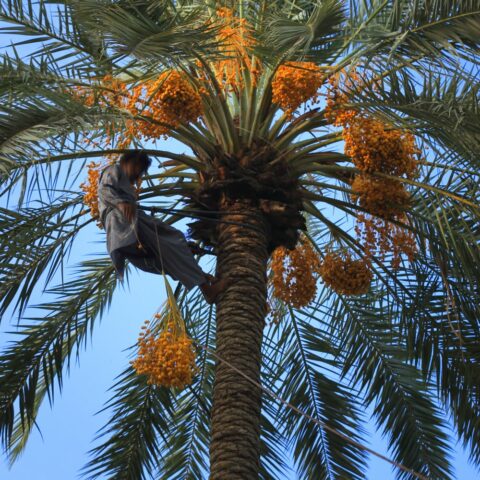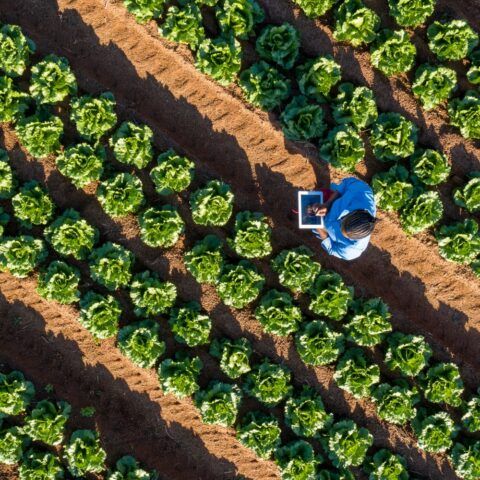The Challenge
Agriculture is a vital part of Cambodia’s economy, contributing around 20% of GDP and employing nearly one-third of the workforce. Exports of rice, cassava, cashew nuts, and tropical fruits play a critical role in regional and global trade, particularly with ASEAN countries and the European Union.
Despite its importance for the agricultural sector, Cambodia’s phytosanitary certification process remains manual and paper-based, requiring exporters to submit physical documents and visit the General Directorate of Agriculture (GDA) offices in Phnom Penh multiple times. This leads to delays, high transaction costs, and an increased risk of document loss and fraud. The process is particularly burdensome for micro, small, and medium-sized enterprises (MSMEs), which often lack the resources to navigate complex compliance procedures.
While Cambodia has implemented a National Single Window (CNSW) to simplify trade formalities, the existing module for phytosanitary certificates is not in use and does not meet international standards. As a result, Cambodia cannot exchange electronic phytosanitary certificates (ePhytos) with its trading partners, limiting its ability to access new markets and remain competitive.
What We Are Doing
Building on its experience in implementing the IPPC ePhyto Solution in over 10 countries, including Thailand, Morocco, and Nigeria, the Alliance is supporting GDA to digitalise the phytosanitary certification process.
The project will enhance the existing CNSW module to enable electronic application, issuance, and exchange of phytosanitary certificates, bringing it into compliance with IPPC and ASEAN Single Window standards. Cambodia will also be connected to the IPPC ePhyto Hub, allowing seamless, secure exchange of ePhytos with trading partners.
Project implementation is being led by Alliance implementing partner GIZ, through its bilateral programs Global Access and Trade Expertise (GATE) and Cambodia Partnership for Sustainable Agriculture and Food Systems (CAPSAFE), both co-financed by the German Federal Ministry of Economic Cooperation and Development and the European Union.
In line with the Alliance’s public-private partnership approach, the project will work with GDA, Customs, agricultural producers and exporters, freight forwarders, and other stakeholders.
Project activities will also include IT development, testing, and training for both public officials and private sector users, ensuring broad adoption and sustainability.
Impacts
Introducing the IPPC ePhyto Solution will allow Cambodian exporters to send and receive phytosanitary certificates electronically, reducing:
- Processing times for obtaining certificates
- Logistical and compliance costs
- Risks of fraud and document loss
- Delays at borders
- Food spoilage and waste thanks to fewer rejections of shipments
The project will also enhance data management and traceability, improving efficiency within GDA and promoting regional trade integration through connection with the ASEAN Single Window.
By optimising phytosanitary certification, the project will boost the competitiveness of Cambodia’s agricultural sector and encourage MSMEs to expand into new export markets.


 Cambodia
Cambodia

